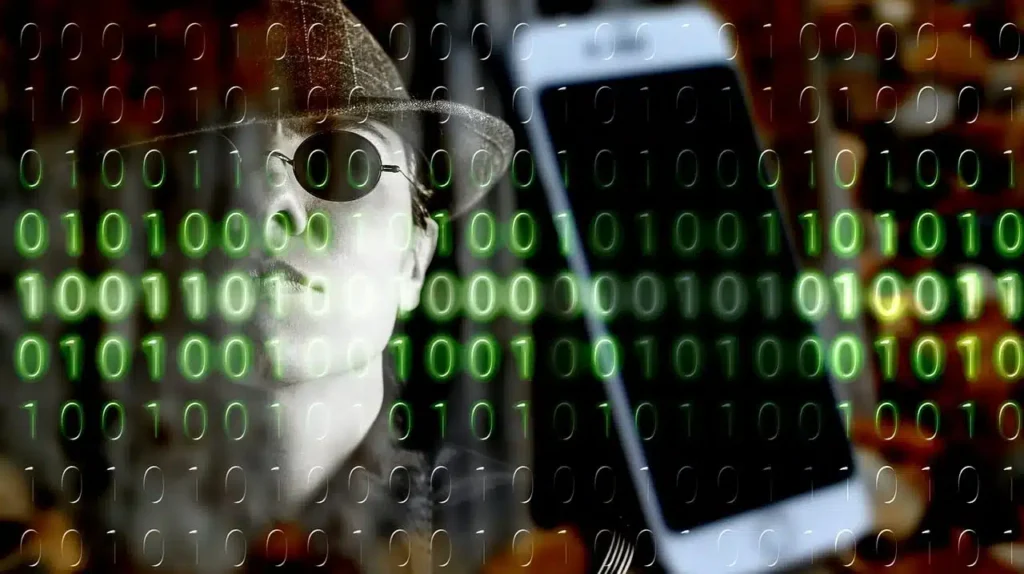
The U.S. Department of Justice (DOJ) and the Federal Bureau of Investigation (FBI) announced the successful removal of PlugX malware from more than 4,200 computers in the United States. This multi-month operation, conducted in collaboration with international partners, addressed a widespread cyber threat posed by a hacking group linked to the People’s Republic of China (PRC).
According to court documents unsealed in the Eastern District of Pennsylvania, the hackers behind this operation are associated with PRC-sponsored groups known in cybersecurity circles as “Mustang Panda” and “Twill Typhoon.” These groups are believed to have used a advanced version of PlugX malware to infiltrate, control, and extract sensitive information from victim systems.
PlugX Malware and Its Threat
PlugX is a remote access tool (RAT) that has been around since at least 2008. Its primary function is to give attackers complete control over infected systems, allowing them to steal information, install additional malicious software, and manipulate system settings without detection. While the malware has been used by various hacking groups over the years, the version linked to Mustang Panda is particularly concerning due to its enhanced capabilities and widespread reach.
According to the DOJ, Mustang Panda hackers targeted a wide array of victims, including U.S. businesses, European and Asian governments, and Chinese dissident groups. Despite cybersecurity warnings, many infected systems remained compromised, as most users were unaware of the malware lurking in their devices.
The PRC government allegedly funded Mustang Panda to develop this specific variant of PlugX. The group’s hacking campaigns, which date back to at least 2014, illustrate the growing trend of state-sponsored cyber threats aimed at undermining global cybersecurity.
Coordinated Efforts to Counter the Threat
Recognizing the scale and severity of the PlugX infections, the DOJ and FBI launched a coordinated operation to mitigate the threat. The operation, which relied on court-authorized warrants, involved the deletion of the malware from infected U.S.-based computers.
“The Department of Justice prioritizes proactively disrupting cyber threats to protect U.S. victims from harm,” said Assistant Attorney General Matthew G. Olsen of the DOJ’s National Security Division. Olsen highlighted that this operation builds on similar efforts to counter hacking groups like Volt Typhoon, Flax Typhoon, and APT28.
The operation was not limited to the United States. French law enforcement and Sekoia.io, a France-based cybersecurity company, played a pivotal role. Sekoia.io identified the capability to remotely delete the PlugX malware from infected devices, and the FBI worked with its international partners to test and confirm the effectiveness of these commands.
In August 2024, the DOJ and FBI obtained the first of nine court warrants authorizing the malware’s removal. The final warrant expired on January 3, 2025, marking the conclusion of the U.S. portion of the operation. By the end of the initiative, PlugX had been successfully removed from approximately 4,258 computers across the country.
A Collaborative Approach to Cybersecurity
“This wide-ranging hack and long-term infection of thousands of Windows-based computers demonstrates the recklessness and aggressiveness of PRC state-sponsored hackers,” said U.S. Attorney Jacqueline Romero for the Eastern District of Pennsylvania. She emphasized the importance of a “whole-of-society” approach to defending against cyber threats, noting the critical role of international and private-sector partnerships.
Assistant Director Bryan Vorndran of the FBI’s Cyber Division also underscored the importance of collaboration, stating, “Leveraging our partnership with French law enforcement, the FBI acted to protect U.S. computers from further compromise by PRC state-sponsored hackers.”
The operation’s success was made possible by contributions from the FBI’s Philadelphia Field Office, the DOJ’s National Security Cyber Section, the Paris Prosecution Office’s Cyber Division, the French Gendarmerie Cyber Unit C3N, and Sekoia.io.
Protecting Victims and Preventing Reinfection
The FBI is now working to notify affected users through their internet service providers. Victims are being advised to update their antivirus software, apply security patches, and remain vigilant against potential reinfection.
To assist individuals who suspect their computers or devices may be compromised, the FBI recommends visiting its Internet Crime Complaint Center (IC3) or contacting a local FBI field office.
The Broader Implications of the Operation
This operation is a testament to the growing importance of international collaboration in addressing cyber threats. By working together, governments and private organizations can counter hacking campaigns that target individuals, businesses, and critical infrastructure worldwide.
The removal of PlugX malware not only protects thousands of infected systems but also sends a clear message to state-sponsored hacking groups: cyber aggression will be met with a coordinated and decisive response.
Lessons for Cybersecurity Best Practices
The PlugX case higlights the need for proactive measures to secure digital systems. Key takeaways include:
- Regular Software Updates: Ensure all devices are running the latest security patches to mitigate vulnerabilities.
- Use of Antivirus Software: Employ reputable antivirus tools to detect and remove malicious programs.
- Monitoring Unusual Activity: Be vigilant for signs of unauthorized access or performance issues, which could indicate a malware infection.
- Collaboration and Reporting: Report suspected cyber incidents to appropriate authorities, such as the FBI’s IC3, to facilitate timely action.
As cyber threats evolve, the importance of a proactive and collaborative approach to cybersecurity cannot be overstated. The PlugX operation highlights what can be achieved when nations, law enforcement agencies, and private organizations join forces to protect global cybersecurity.
Source: Read More

